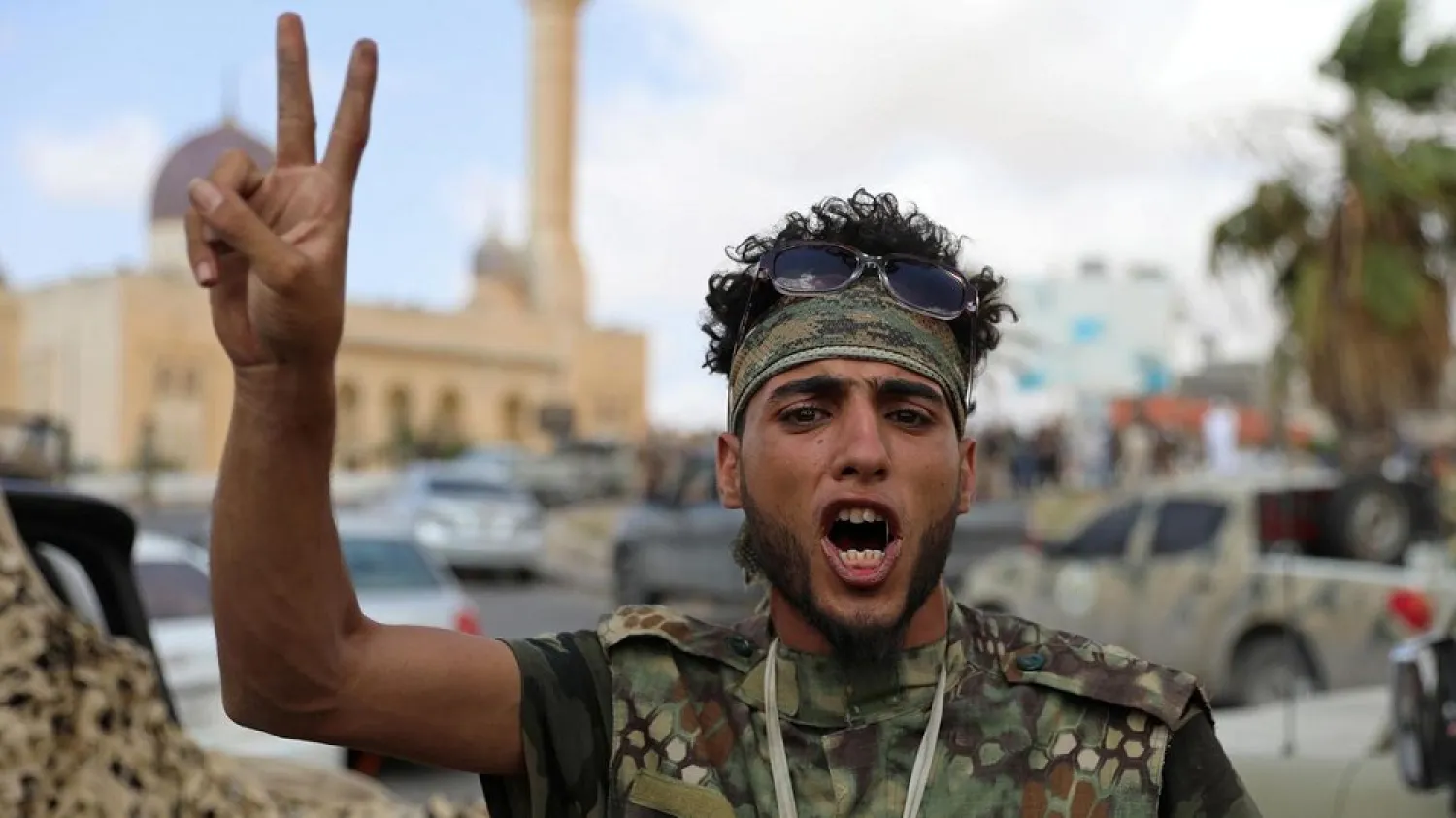The Turkish presidency expressed on Sunday its hope for an end to the conflict in Libya and formation of a transitional government as soon as possible.
However, its support was undermined by reports that cited Ankara’s continued dispatching of mercenaries from Syria to Libya to prop up the Tripoli-based Government of National Accord (GNA), headed by Fayez al-Sarraj, against the Libyan National Army (LNA), commanded by Khalifa Haftar.
Turkish presidential spokesman Ibrahim Kalin said Ankara will continue to support Libyan talks and offer all sorts of support to advance the political process.
“We hope that a new model to manage the country would be formed and that the conflict would be completely resolved. Libya boasts major capabilities … and should it invest them properly, it will be able to rise economically, achieve its security and become an influential force in North Africa,” he added.
The United Nations announced on Saturday that participants at the Libyan peace talks have agreed on the candidates to head the transitional government, which will be tasked with holding elections in the end of the year.
Meanwhile, American journalist Lindsey Snell reported that despite its alleged support to end the conflict, Turkey was still sending mercenaries to Libya.
In a tweet on Saturday, she said that Sultan Murad militants in Hawar Kilis were being “crossed to Turkey to be transferred to Libya” in spite of the ceasefire agreement reached in October.
“The ceasefire agreement in Libya stipulates that all foreign mercenaries must be expelled. Turkey’s bringing more in,” she said.
She also posted photos of a member of the Hayat Tahrir al-Sham group, which has been listed a terrorist by Turkey. In the first photo, the fighter is seen carrying a flag of the group and in the other, he is seen wearing a Turkish flag patch.









